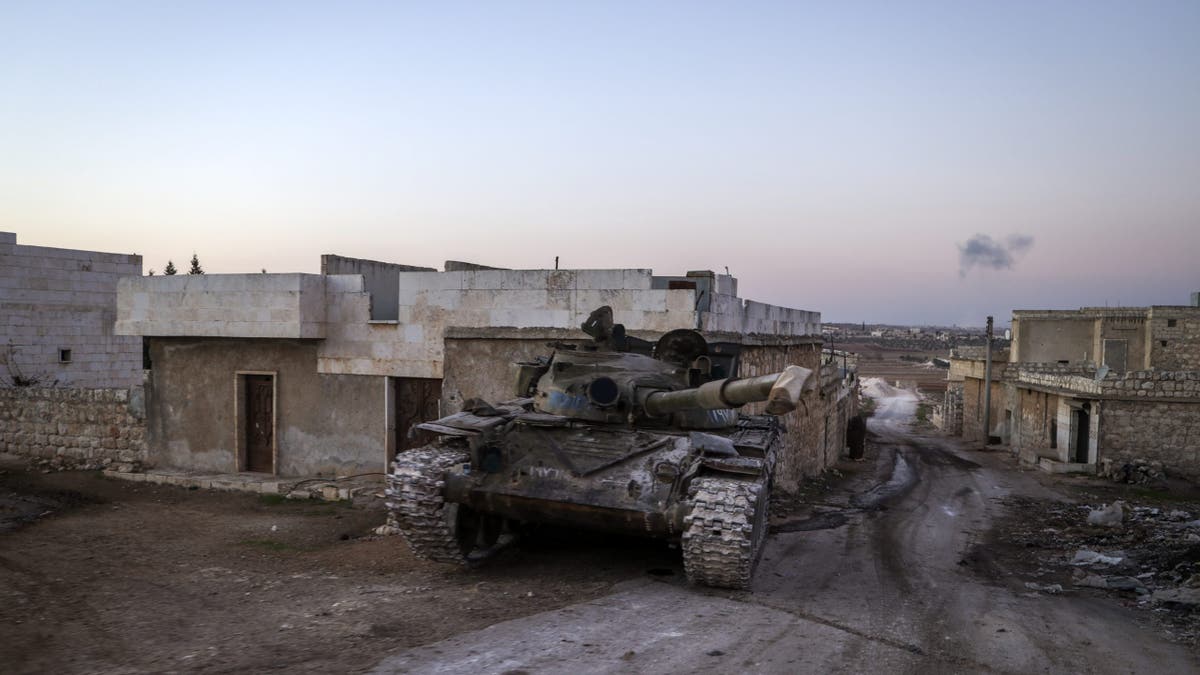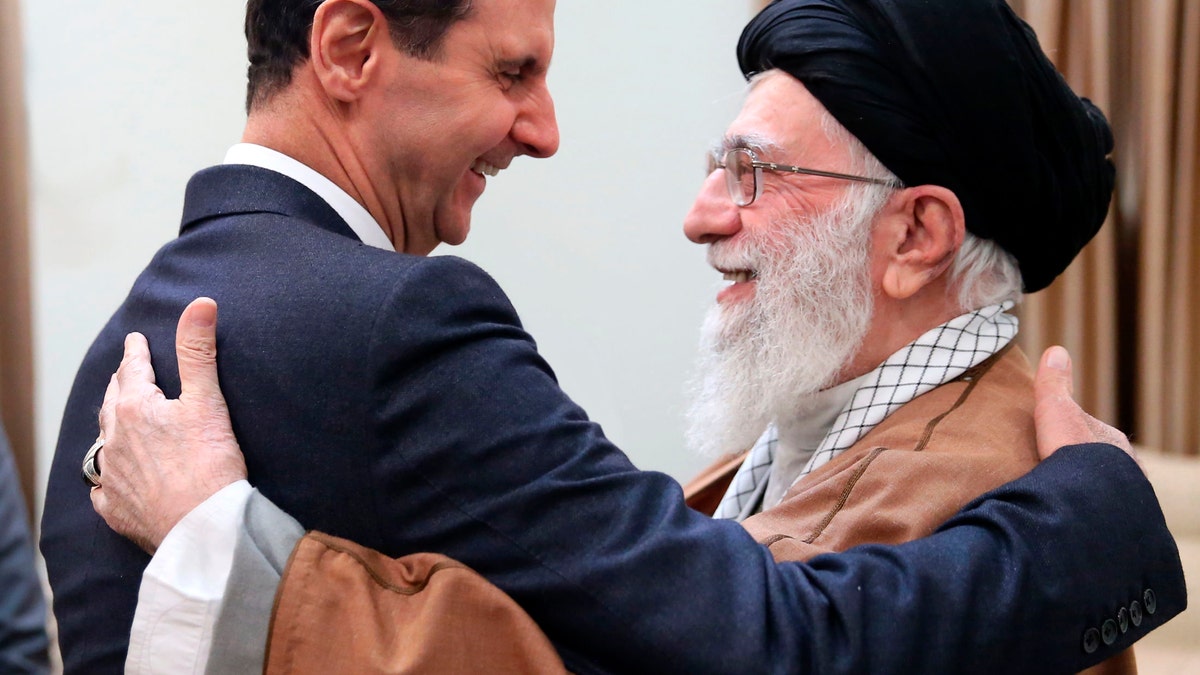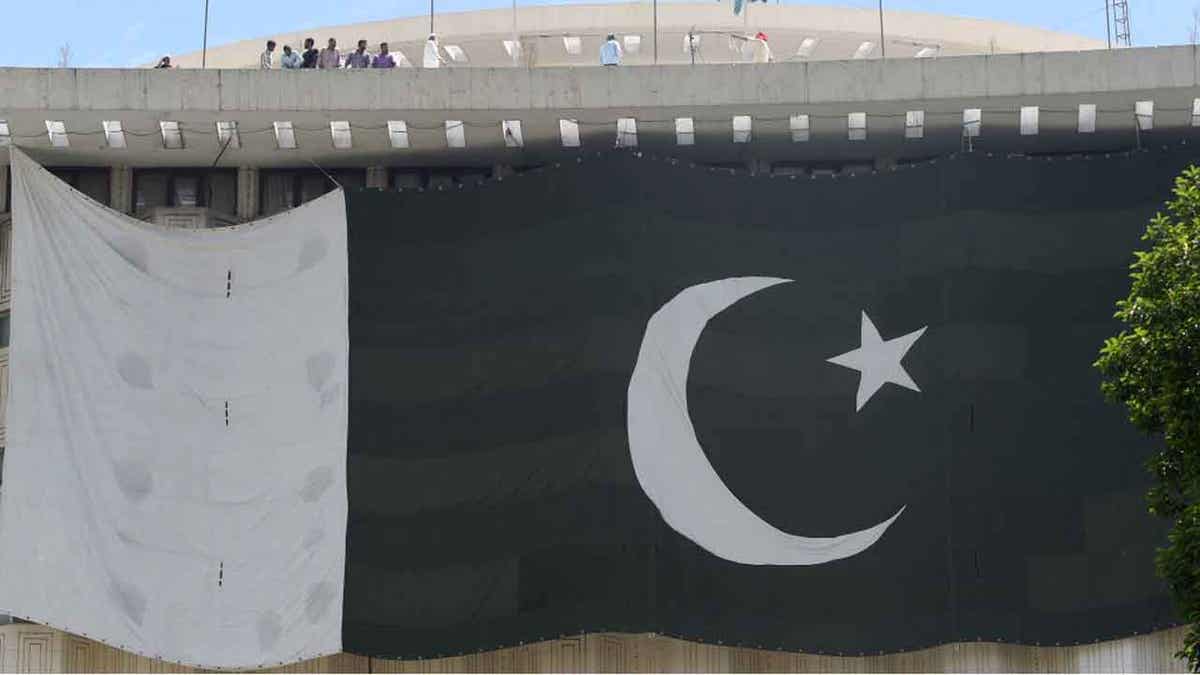The balance of power in Syria has dramatically shifted with extremist Islamist forces gaining control of a significant portion of Aleppo, the country's second-largest city. This development has sparked serious concerns for the United States and Israel, prompting a reevaluation of existing policies in the volatile region.
Experts warn that the capture of sensitive sites, including the Syrian Scientific Studies and Research Center, which houses Assad's chemical weapons program, by these formerly Al-Qaeda-affiliated groups poses a significant threat. This has direct implications for Israeli national security, leading the Netanyahu government to convene an emergency meeting.
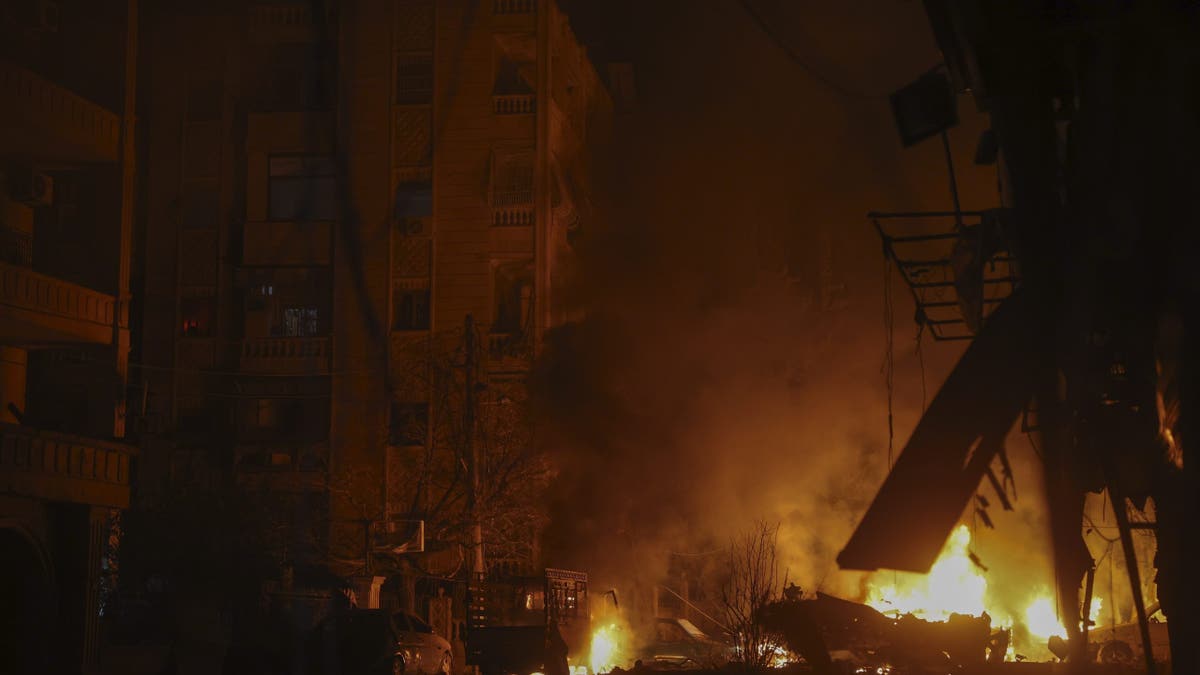
The situation in Aleppo underscores the complex and evolving dynamics of the Syrian conflict. The 2013 deal brokered by the Obama administration to dismantle Assad's chemical weapons program is now under renewed scrutiny, with concerns that the Syrian dictator may have retained some of his chemical warfare capabilities. The presence of 900 American soldiers in Syria, primarily focused on combating ISIS, also plays a role in containing Iranian influence in the region.
The fall of Aleppo to Hayʼat Tahrir al-Sham (HTS), a coalition of radical Islamist groups, represents a major setback for Assad, Hezbollah, Russia, and Iran. However, HTS, designated a terrorist organization by the US, presents its own set of dangers. Their victory, potentially emboldened by Israel's weakening of Hezbollah and the IRGC, further complicates the already precarious situation.
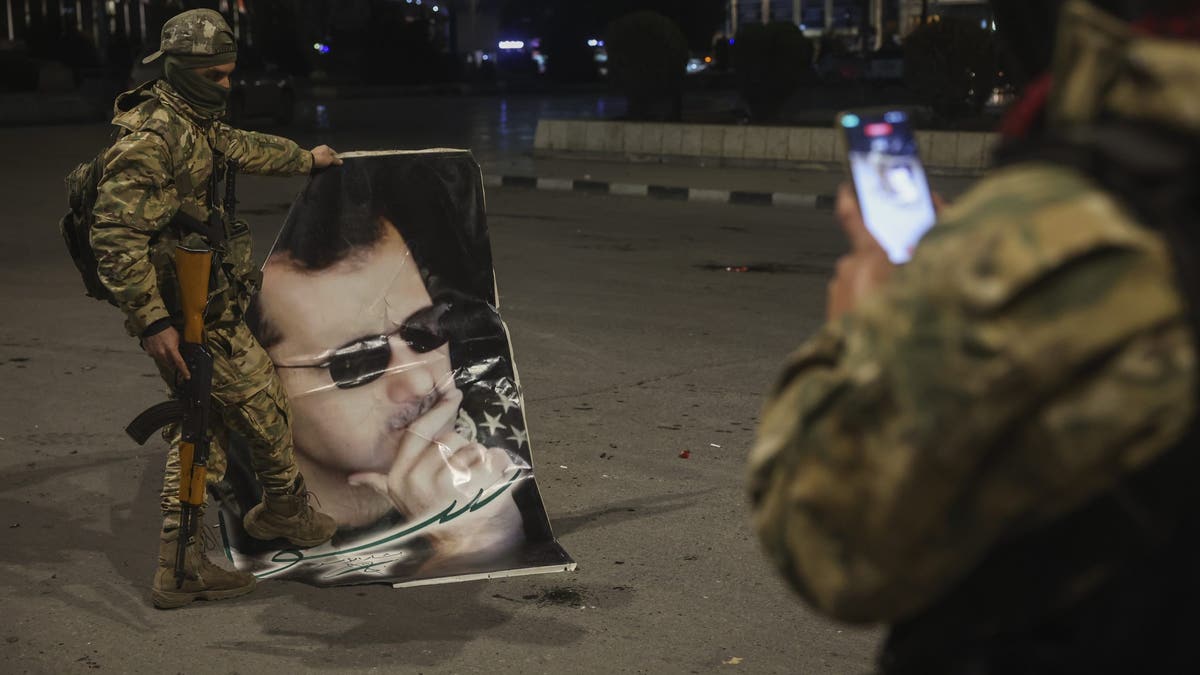
Experts highlight the critical role played by Iranian and Russian forces in pro-Assad offensives, raising questions about the Syrian regime's military capabilities. The emergence of HTS, with its Al-Qaeda roots and connections to Turkey, further muddies the waters. Their aim to establish a Taliban-like regime presents a significant challenge for US interests, particularly given their historical involvement in attacks against America.
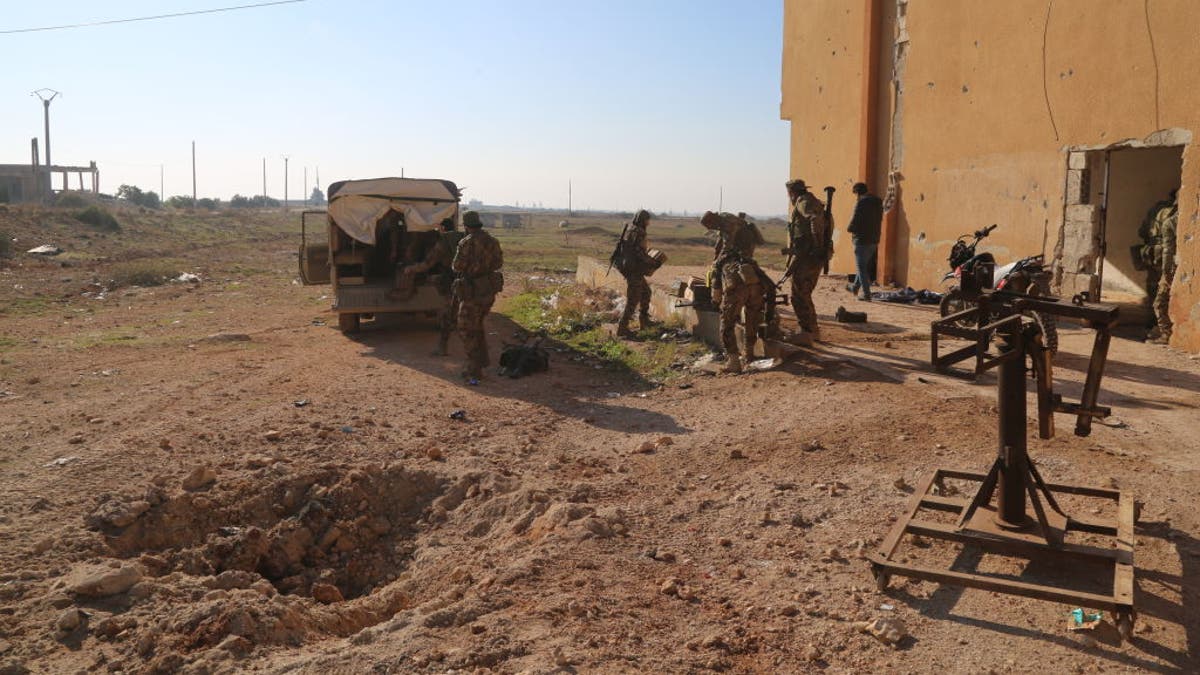
The presence of the US-allied Syrian Democratic Forces (SDF), including Kurdish forces, in Aleppo adds another layer of complexity. The SDF's role in defeating ISIS is acknowledged, but the rising influence of HTS threatens their presence, particularly in Kurdish-dominated neighborhoods and areas housing displaced populations. Russia's recent airstrikes in Aleppo, targeting both civilians and rebel fighters, further escalate tensions.
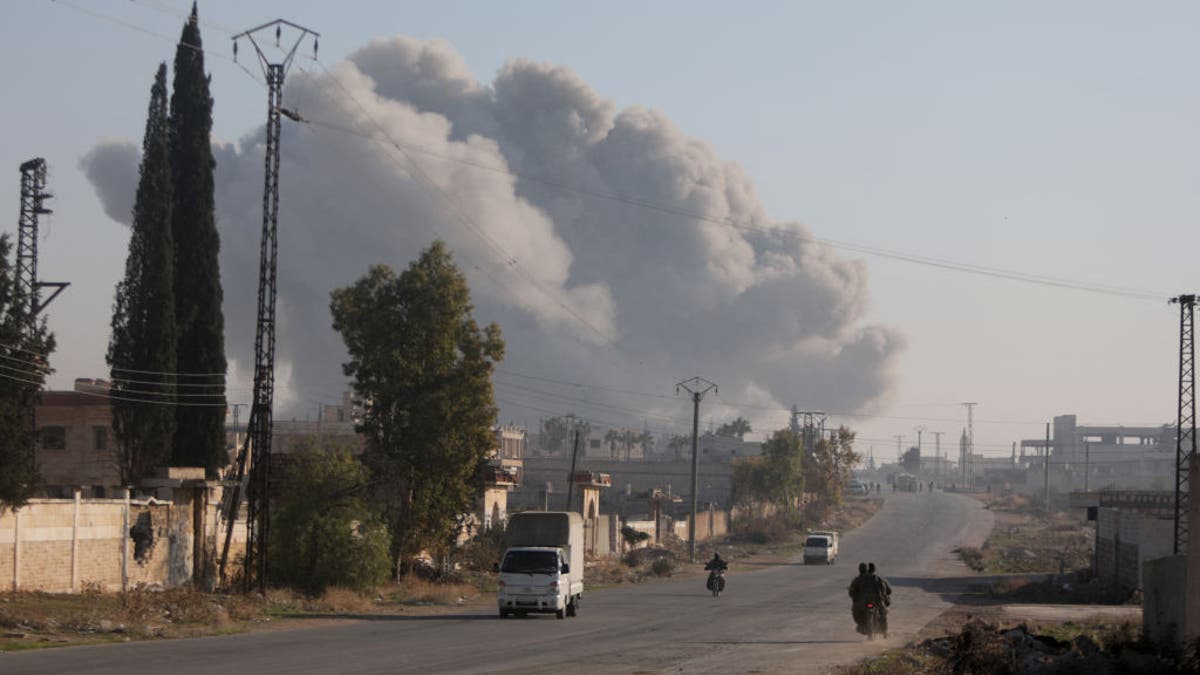
The Syrian regime's announcement of a "redeployment operation" in Aleppo, aimed at bolstering defenses and preparing for a counterattack, reveals the extent of their losses. The IRGC, meanwhile, remains defiant, warning against any interference in Syria. The US State Department is closely monitoring the situation, as the death toll in the Syrian conflict continues to mount, with estimates exceeding 500,000 since 2011.
